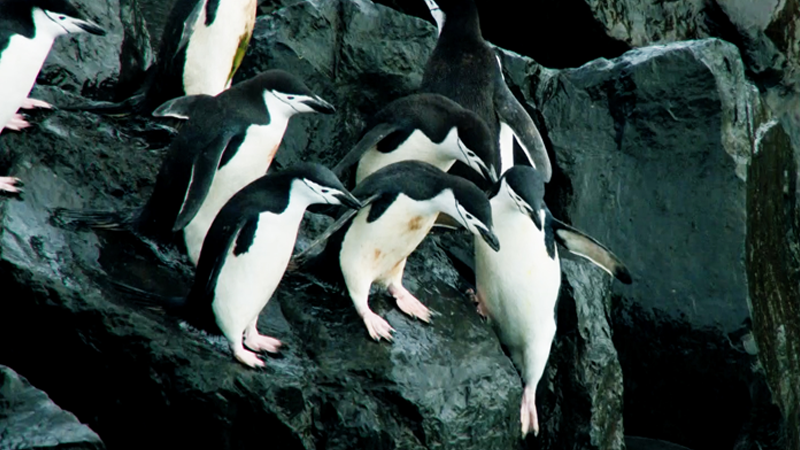19 August 2021

Stories are a part of our everyday life. We share the best and worst moments of our day with loved ones through stories. We recount our favourite memories with friends through stories. We imagine what our future may look like or places we’d love to explore using our imagination and stories. In short, there is not a day goes by that we don’t encounter or use stories to articulate and communicate our thoughts, ambitions and challenges.
The importance of storytelling weaves into our professional life too. On platforms like LinkedIn, the lines between personal and professional life are blurring as people introduce more of their character and personal experience to engage with their networks and build online communities. The success of Ted Talks also stems from the speakers’ abilities to use storytelling and strong imagery as tools to engage audiences.
And with stories playing such an integral role to our everyday lives, surely they also have a role in helping us to explore and articulate in a human way, some of the world’s most pressing issues like climate change. Below are a couple of leading examples of how storytelling has already been used to capture audiences’ attention and dive into the world of climate change.
The Blue Planet Effect
You might struggle to find someone who hasn’t heard of the documentary series Blue Planet II, a series narrated by David Attenborough, released in 2017 that had over 14 million viewers tuning in. The series documented the current state of our oceans and marine life, highlighting the devasting effects and havoc that human behaviour and single-use plastic is causing.
Now normally, a documentary on ocean and marine life would not have such a high viewer rating – and yet Blue Planet II was the most watched show in 2017, beating favourites like Strictly Come Dancing and Britain’s Got Talent. So why was Blue Planet II so successful?
Storytelling. There was drama. There were unbelievable visuals thanks to award-winning camera work, reminding viewers of just how incredible our planet really is. And there was the reality check – that thanks to human consumption and behaviour, the incredible marine life and its habitat we had been viewing through our screens is under threat.
If the documentary had presented some facts, statistics and data, would the reaction to the series have been the same? The power of the story, of taking the viewers on the journey to see if the king penguins can make it through the barrier of elephant seals undetected or watching the mother whale reluctant to let go of her dead calf, is one of the key reasons why the documentary was so impactful.
The new ‘Netflix for nature’ platform
At our most recent event, Get Inspired 2021, Circular Glasgow was joined by a host of inspiring businesses to share their circular economy stories including WaterBear, a new community streaming platform being referred to as the ‘Netflix for Nature’.
At this event, Sam Sutaria, WaterBear’s Head of Strategy shared some insights into the WaterBear way and the importance of storytelling in their ambition for change:
“What we try to do as a company is to try and find that secret source of ingredients, that combination of stories, technology and partnerships that allow people to come to WaterBear, become inspired and learn how they can contribute to this amazing world that we live in.”
Through an ‘atomic patchwork of stories’, WaterBear uses film to break down the big, often uncomfortable truths such as climate change into smaller narratives using characters and storylines that audiences can connect with.
They also have an ambition to use interest areas like sport, art and culture to communicate the stories of circularity and sustainability that are often only shared in the same small audience circles, breaking out of the ‘echo chamber’ and bringing circular and sustainability stories into mainstream viewing circles.
And their success in the first year speaks for itself: they have so far built an online community of over 80K members with support from major NGOs such as Green Peace and the WWF as well as documentaries featuring known faces like Prince Harry and Lily Cole.
The takeaway?
So, what does this all mean for us in a business environment?
For our Circular Glasgow team, our past 5 years of working with Glasgow’s business community has taught us that the use of storytelling through case studies, inspirational speakers, and networking is one of the most powerful tools we have to inspire the business community to explore the possibilities of a circular economy.
For you as a business, the ability to share achievements, ambitions and challenges through storytelling could be a key ingredient in helping to showcase how your business is tackling climate change and ‘create the courageous conversations’ needed with your customers, colleagues and community.
